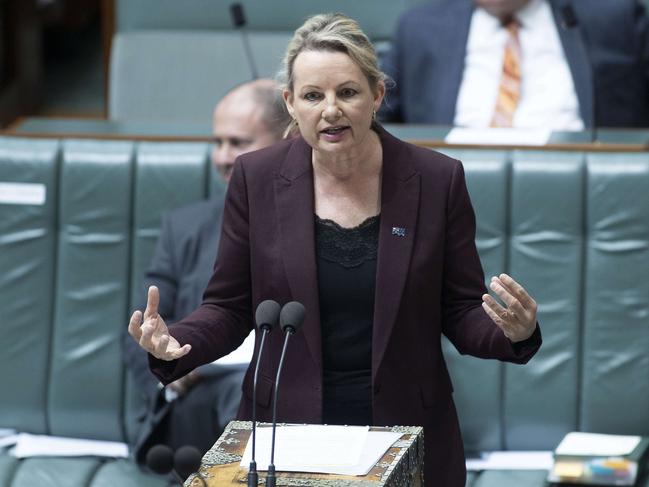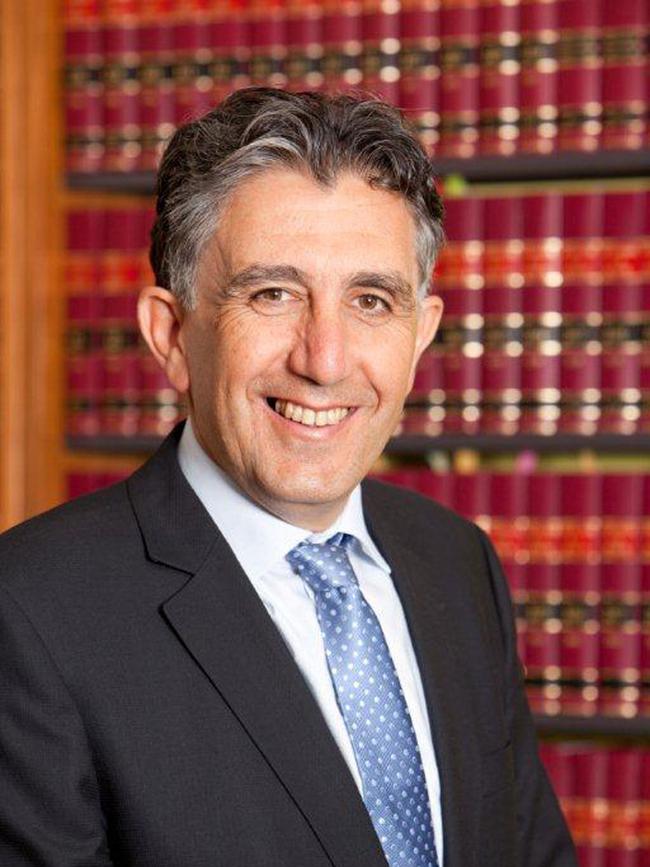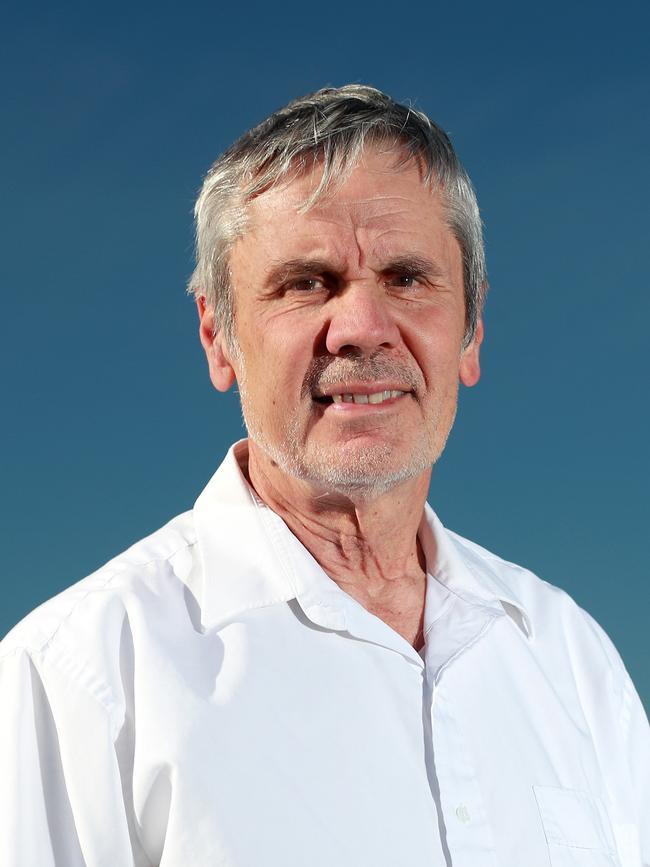Piers Akerman: Morrison government must challenge climate change judgment
The Morrison government must challenge the pseudoscientific opinion touted in a recent Federal Court case, or policy will be driven by uninformed and emotion-driven teenagers.
Opinion
Don't miss out on the headlines from Opinion. Followed categories will be added to My News.
Any doubts that may have existed about the Morrison government’s deep green-left credentials may have finally been removed.
Its failure to challenge a single element of the phantasmagoria of pseudoscientific opinion offered in the Federal Court by global warming activists in Sharma v Minister for
the Environment, decided Thursday by judge Mordecai Bromberg, appear to put it firmly in the camp led by uninformed and emotion-driven teenagers.

Represented by 86-year-old political activist and perennial advocate Brigidine nun Sister Marie Brigid Arthur, eight high school students who claimed Environment Minister Sussan Ley had a duty of care to protect them from evil CO2 emissions won that part of their argument in a case that puts lawfare front and centre of the climate debate — with catastrophic repercussions for the economy.
Judge Bromberg, who unsuccessfully sought Labor preselection for the Victorian seat of Burke before the 2001 federal election and was appointed to the Federal Court by the Rudd Labor government, came to prominence when he found my colleague Andrew Bolt had breached section 18C of the Racial Discrimination Act which deals with freedom of speech in 2009.
While he refused to grant an injunction sought by the schoolchildren — which would have prevented the development of the Vickery Coal lease north of Gunnedah, owned by Whitehaven Coal — he did rule that Environment Minister Ley had a duty of care to avoid causing personal injury to children from catastrophic global warming.
In his lengthy written decision, Bromberg said he relied almost totally on the opinion from well-known climate alarmist Professor Will Steffen. Prof Steffen, in turn, “to a large extent, his evidence relied upon the research and climate change modelling published by the Intergovernmental Panel on Climate Change (IPCC)”, to quote the judgment.
The IPCC’s modelling of climate change is notoriously flawed.


The IPCC has seized on material such as Professor Michael Mann’s infamous “hockey stick” graph — later totally discredited — to support its warmist propaganda campaign, and used his grossly erroneous material as the theme of its 2001 IPCC Third Assessment Report on the state of the climate. It hasn’t improved in 20 years, with the models warming twice as fast as reality.
Anyone who takes the IPCC’s modelling and forecasts seriously would probably look to buy the Harbour Bridge on Gumtree.
That Prof Steffen, who is firmly in the “science is settled” camp, takes his cue from the relentlessly inaccurate IPCC says a lot.
That Judge Bromberg, no scientist, would give credibility to such a witness defies logic, but then he is a Victorian and the immured residents of that state have become so used to being told such monstrous porkies by their government that questioning dogma seems a lost practice.
Judge Bromberg found it a “plausible possibility” that the Earth’s average surface temperature will reach about 4C above pre-industrial levels by about 2100, at which point “humans will lose the capacity to control climate change and global surface temperatures will continue
warming even if human emissions of CO2 are curtailed”.
Yet no one anywhere has produced any evidence to demonstrate that humans can control climate change any more than King Canute could prevent the tide rising, whether he commanded it to or not.
Why he even thought it was within his competence to make findings about highly uncertain scientific issues seems extraordinary.
That the government’s lawyers chose not to fight the case on the climate change argument and concentrated on the duty of care highlights the real problem that arises when unelected and unaccountable judges step into the vacuum and create legal precedents which become de facto policy.
Politicians, not judges, must make policy.
That the government is still considering its response provides the merest sliver of hope that this decision will be vigorously challenged.
Jobs across every sector of the economy (except the public service) are threatened by policies promoted by global warming zealots such as Malcolm Turnbull and Anthony Albanese — and now activist judges.



